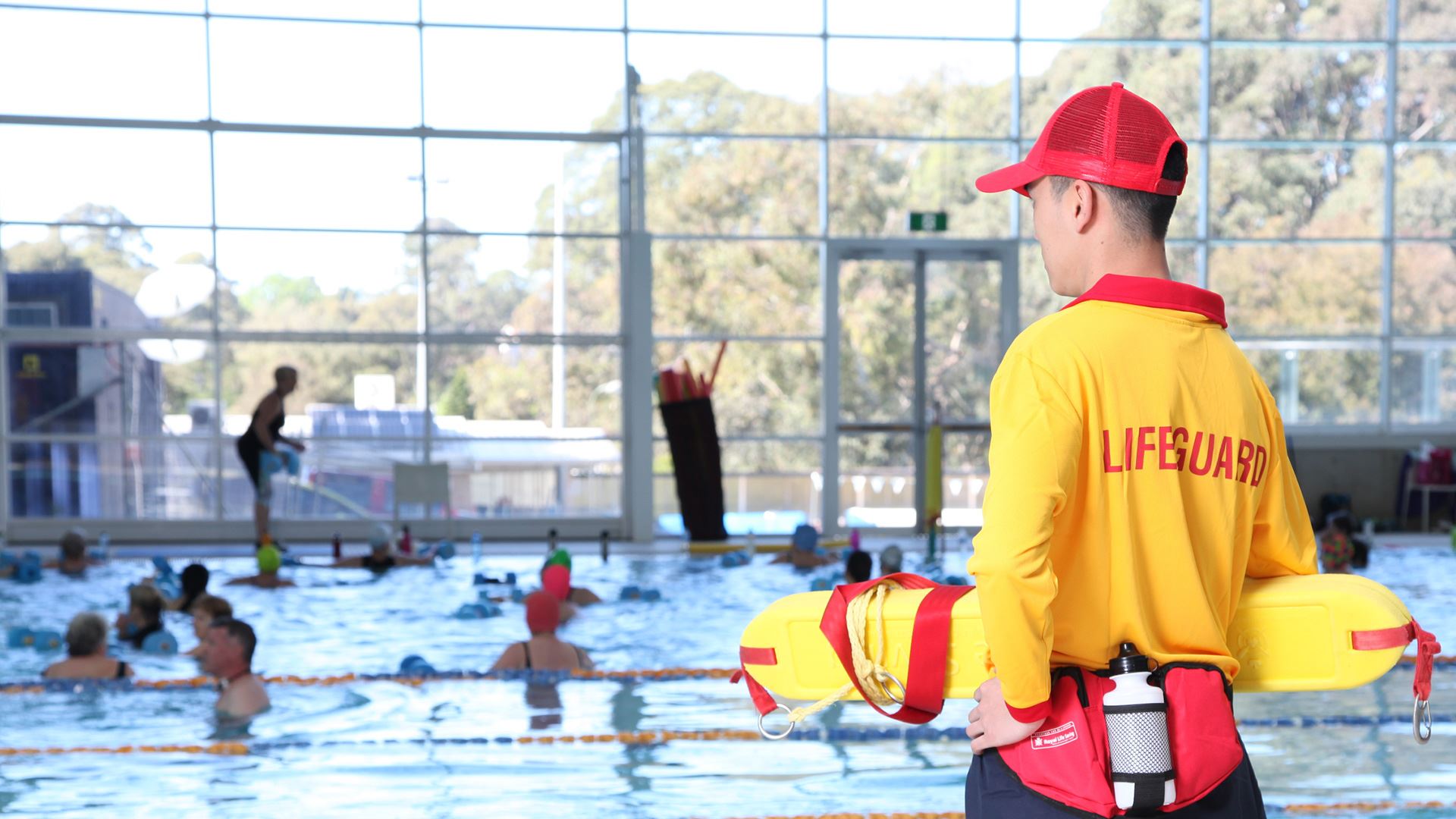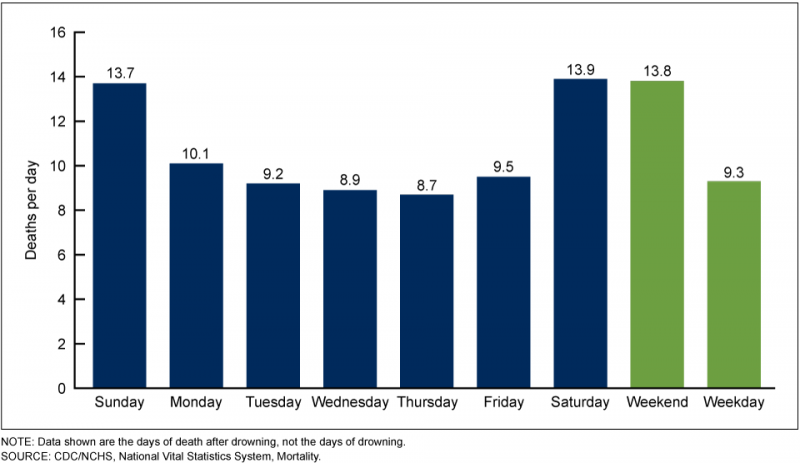Call one of our Pool or Drowning Aссіdеnt Attоrnеуs Tоdау tо Prоtесt Your Lеgаl Rіghtѕ
If you wеrе a vісtіm оf a pool ассіdеnt thаt caused you injury, уоu mау be еntіtlеd tо соmреnѕаtіоn. Call 203-883-4592 NOW







We understand that pool accidents can happen suddenly and unexpectedly, resulting in serious impacts on your health and finances; which is why you may need help as soon as possible.

In 2019, there were 221 media-reported fatal child drowning incidents among children ages 15 and under in pools and spas, according to data compiled by the USA Swimming Foundation. Although this number decreased from 2018, drowning remains the second-leading cause of unintentional death in children ages 1-14. In 2018, Connecticut had a drowning rate of .5 per 100,000 population, relatively low compared to states like Alaska and Florida. Nevertheless, pool injuries and drowning accidents are usually preventable and remain an all too common occurrence in every state.
In 2007, 6-year-old Zachary Cohn drowned in a pool in Greenwich, CT, after the swimming pool company allegedly failed “to install a required safety device that would have prevented the boy’s arm from getting stuck in a powerful pup drain.” The swimming pool president plead guilty to criminal negligent homicide for not installing the state-mandated safety device. In 2013, Zachary’s parents settled with the defendants in the wrongful death lawsuit for $40 million.
If you and/or a loved one has been injured in a pool accident in Norwalk, our experienced personal injury attorneys at Lemberg Law are equipped to get you the compensation you deserve. We understand that pool accidents can happen suddenly and unexpectedly, resulting in serious impacts on your health and finances; which is why you may need help as soon as possible.
Navigating pool companies, the owner of the property, or other parties that may be at fault for your injury can be a scary and frustrating experience, but it doesn’t have to be. For 13 years, Lemberg Law has made legal representation a pain-free and easily accessible process. We have successfully recovered more than $50 million in damages for more than 25,000 clients across the nation. Our track record speaks for itself.
You may be compensated for damages or losses associated with the pool accident, which can include but are not limited to:
Call one of our Pool or Drowning Aссіdеnt Attоrnеуs Tоdау tо Prоtесt Your Lеgаl Rіghtѕ
If you wеrе a vісtіm оf a pool ассіdеnt thаt caused you injury, уоu mау be еntіtlеd tо соmреnѕаtіоn. Call 203-883-4592 NOW
Pool owners have a duty to protect swimmers from injuries on their property. However, accidents can still occur. According to the CDC, for every child who dies from drowning, another five receive emergency department care for nonfatal submersion injuries. Injuries can occur in private pools, community pools, residential pools, and even in inflatable pools (also known as “kiddie pools”). Pool accidents can often lead to serious injuries, including back injuries, head injuries, and wrongful death. Common injuries from pool accidents can include:
Even if your injuries are initially treated properly, you may still end up with long-term chronic pain, permanent disability, or disfigurement.

Factors associated with an increase of drowning include age, gender, alcohol use, access to water, flood disasters, lower socioeconomic status, being a member of an ethnic minority, medical conditions, and more, according to the World Health Organization (WHO). Common causes of pool accidents include:
Most swimming pool accidents are premise liability cases. If the accident occurred on someone else’s property because of their negligence, there is a good chance that you can recover damages.
Under Connecticut law, property owners typically can only be held liable for an accident if they had a reasonable opportunity to take action to prevent the safety problem. The property owner must have noticed the dangerous conditions before the fall occurred, or a victim can prove that the property owner should have known about the safety hazard. In the latter, the plaintiff needs to show that the hazard was present long enough where the defendant would have discovered it through an exercise of ordinary care.
Determining liability can be a complex process—one best handled by someone who will advocate on your behalf, someone who has your best interest in mind, such as the experienced pool accident attorneys at Lemberg Law.
First and foremost, you should check to see if you or any others are seriously injured and call the police for help. Once you determine whether you or others will need medical attention, preserve all evidence and document the events and any injuries.
Next, you will need to report the incident to the person in charge where it occurred. This could be a landlord, homeowner, or the owner of a community pool, for example. This will establish a date, time, and written account of the accident. You should also get a copy of the incident report before leaving the scene.
Next, if you are able to, take as many pictures and videos of the scene as possible, including the area where you experienced the accident. Proof of unsafe conditions on the property will help argue your case and the full extent of your damages. If you are on the way to the hospital, ask a friend or your attorney to help you do this. Write down the names and contact information from witnesses to the accident and the accounts of what they saw. You should also record all of the injures you have sustained as result of the pool accident.
You should not apologize to anyone or accept blame, as this can be misinterpreted by the property owners and their insurance companies and used against you. You also do not have to give a statement to the other insurance company right away. It might be best to consult with a lawyer before even talking with your own insurance company or accepting any type of initial settlement.
You should absolutely visit a doctor after being in any type of accident. While you may feel like the injuries are minor or not there, you could have injuries that may become serious if not treated. It’s better to take precautions when dealing with your health. Seeing a doctor will also create medical documents that can serve as evidence if you do decide to peruse legal action.
Some measures you can take to prevent pool accidents include:
If you were at all negligent in connection with the accident, Connecticut’s modified comparative negligence law will be used to determine how much compensation (if any) you can receive. If the plaintiff is deemed at fault, they can still get compensation from other responsible parties, as long as the plaintiff’s share of liability does not exceed 50 percent. If it does exceed 50 percent, then the plaintiff can’t recover anything.
With his in mind, it’s important to remember that no two claims are the same. How much you may receive in damages depends on a variety of factors, such as the sum cost of your injuries and who is at fault for the pool accident. Once our lawyers get all of the necessary information from you, we will evaluate your case tailored to your needs. We provide personalized representation to our clients and make sure to keep them informed about any updates in their case.
If you are pursuing premise liability claim in Connecticut, you must file a claim within two years of the date of the accident. If someone suffers a wrongful death, the two-year limit starts on the date of the victim’s death from their injuries.
You should reach out to an attorney sooner, rather than later, in order to have plenty of time to build a strong case. Our attorneys are knowledgeable about the entire process, including state, local, and national laws.
Who are we? We are Lemberg Law, a Consumer Law Firm with an excellent reputation for compassionate and aggressive lawyering
Lemberg Law has a reputation backed by 13 years of service and $50 million in recovery for 25,000 clients nationwide. We know personal injury law. You have rights, and you deserve the best representation available. All you need to do is send us your information for a free case evaluation, or call our Helpline today. We’re knowledgeable; we’re friendly; and we’re here to help. There is no charge unless we win.